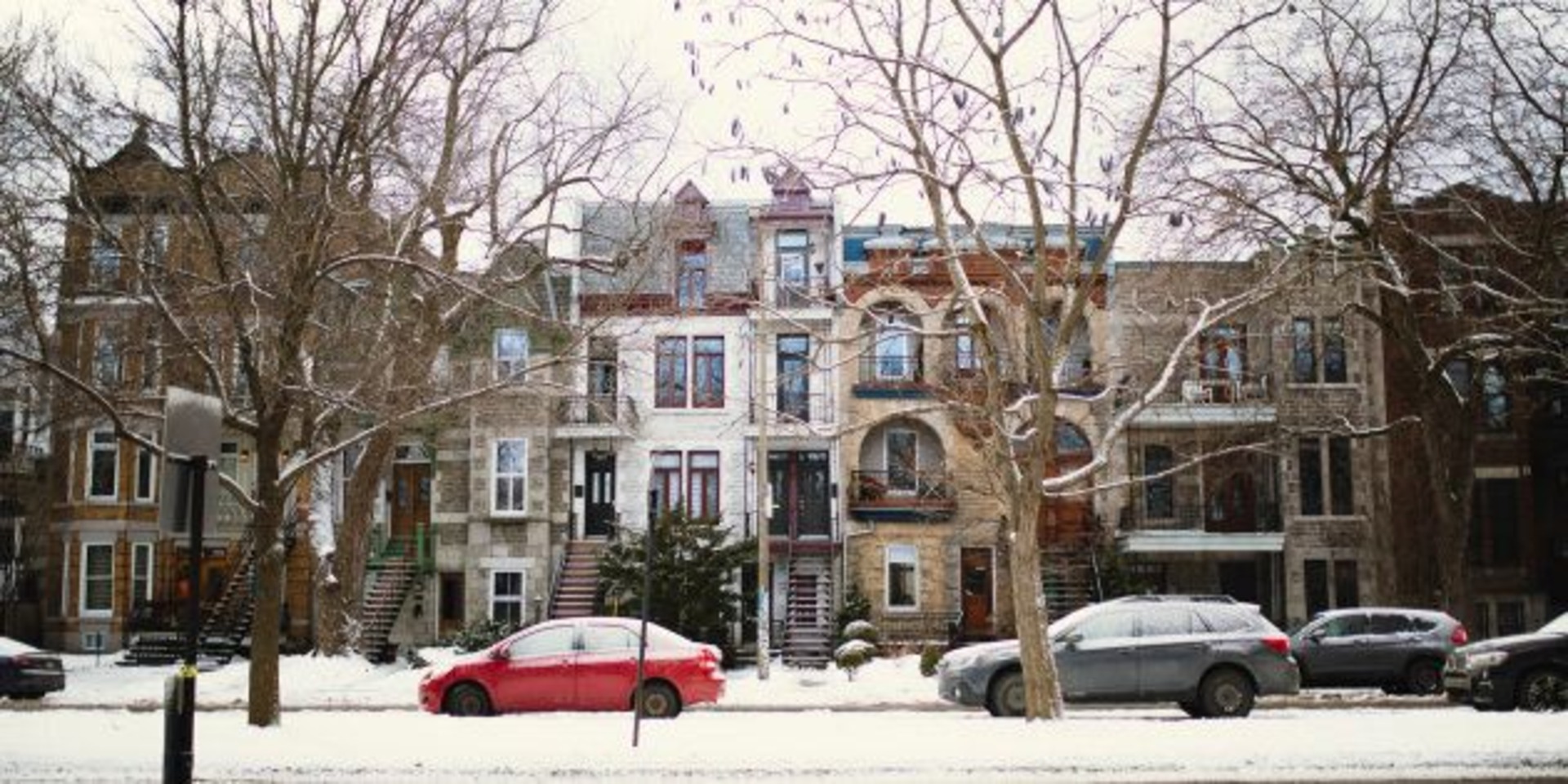Montreal Is Canada's Last Major Housing Market Seeing Price Growth
29 Aug 2019
Rowhouses in Montreal's Plateau Mont-Royal neighbourhood. The city is the last one among Canada's major metro areas still experiencing house price growth, according to data from the Teranet-National Bank house price index.
Canada's urban housing markets are deflating under the weight of higher interest rates and a mortgage stress test, with just two major metro areas —Halifax and Montreal — showing any price growth in February.
And only one of those — Montreal — has seen positive price growth over the past six months, according to data from the Teranet-National Bank House Price Index.

"But price weakness does not mean collapse," National Bank economist Marc Pinsonneault wrote in a client note Wednesday.
"In Toronto, Canada's most important real estate market, apartment prices have been up for 16 consecutive months, while prices of other types of dwellings declined only 1.2 per cent over the last six months."
In Vancouver, "seasonally adjusted home sales stabilized in the beginning of the year, limiting the potential of further home price declines," Pinsonneault added.
Still, the historic weakness in Vancouver's home sales, coupled with rapidly rising sales in Montreal over the past few years, means Montreal has overtaken Vancouver as the country's second-largest housing market.

The dollar value of home sales in Montreal in February was $1.606 billion, up 10 per cent in a year, according to the city's real estate board. Meanwhile, Vancouver's market has shrunk by 40 per cent over the last year, to $1.423 billion in February, according to data released by the British Columbia Real Estate Association (BCREA) on Wednesday.
The Toronto area remains the country's largest market by far, with a sales volume of $3.921 billion in February, including Greater Toronto and the Greater Hamilton areas.
If house prices were more even across Canadian cities, Montreal — with its metro population of around 4 million — would always have had a larger housing market than Greater Vancouver, with a population of 2.5 million.
But given the much higher real estate prices in Vancouver, this is likely the first time in at least a decade that Montreal's market has been larger than Vancouver's.
Average house price in Vancouver falls by $122,000
However, Vancouver's high prices are now coming down. BCREA's data shows the average price of a house sold in Vancouver is back below the $1-million mark.
The average sale price in Greater Vancouver was $945,521 in February, down 11.5 per cent, or nearly $122,000, in a year.
